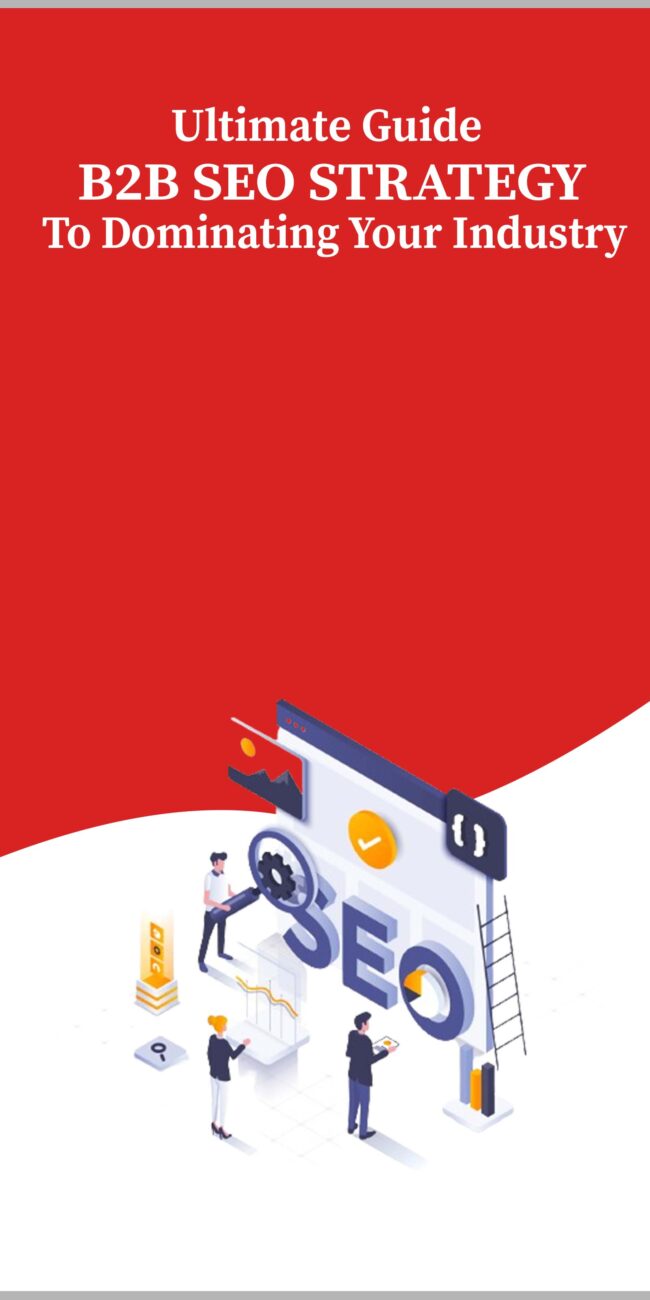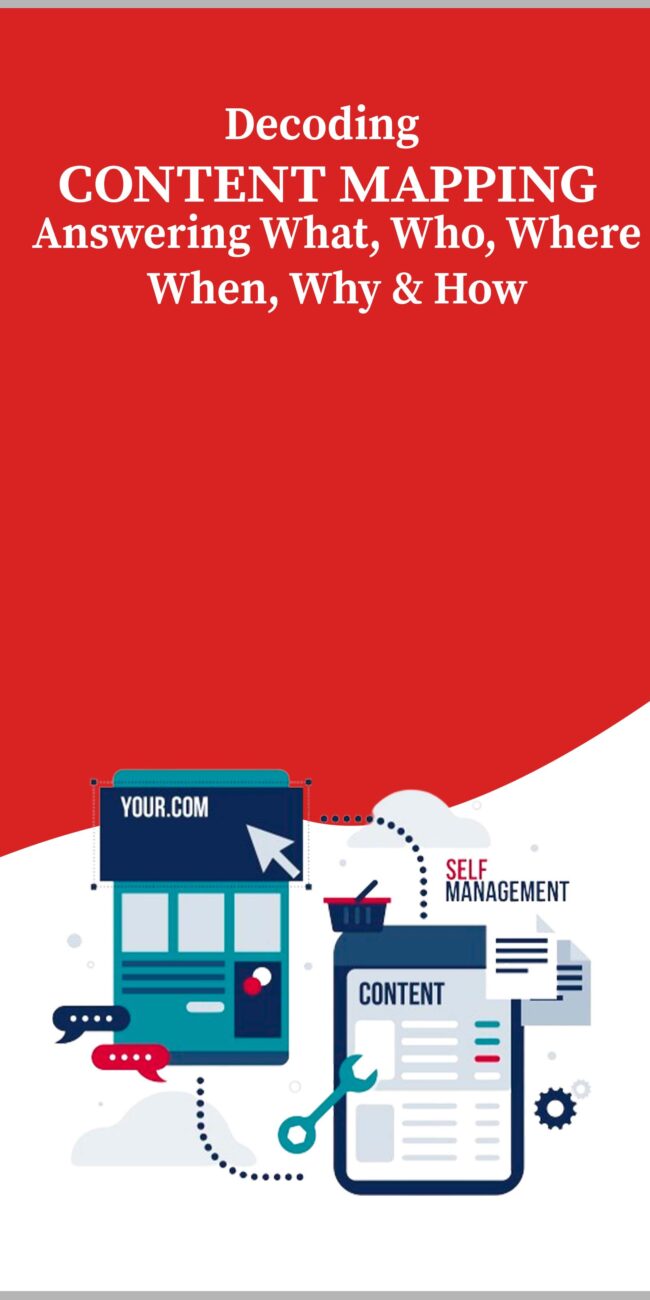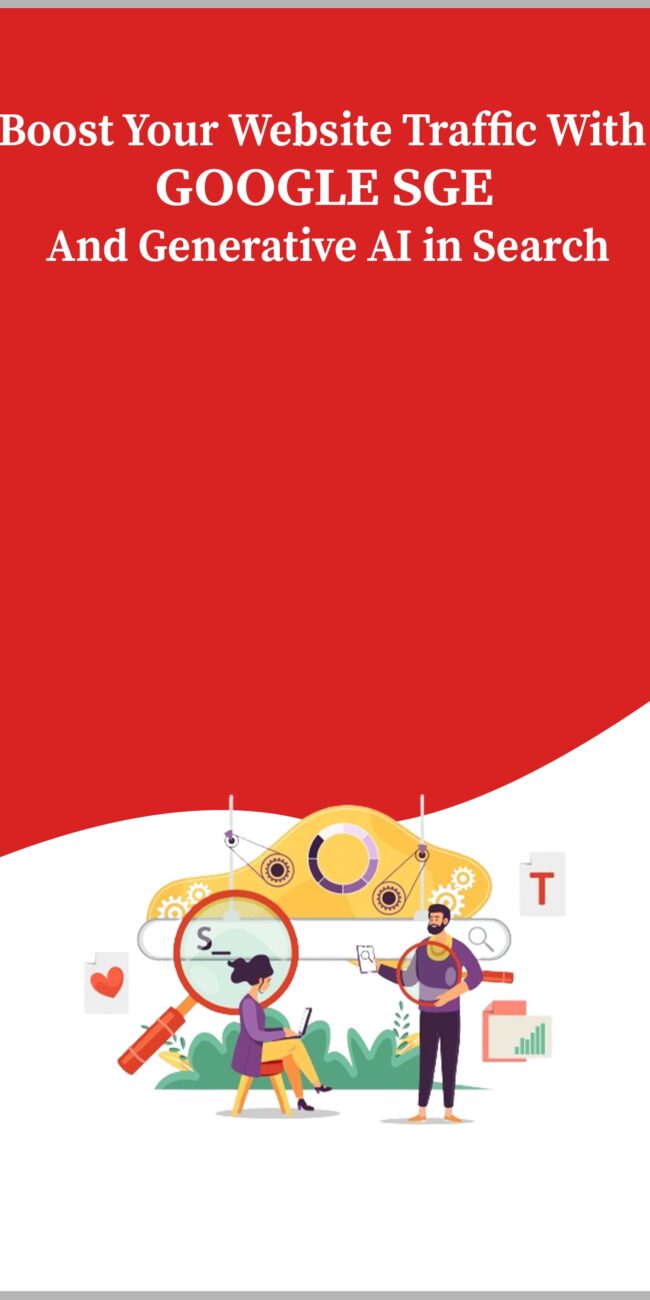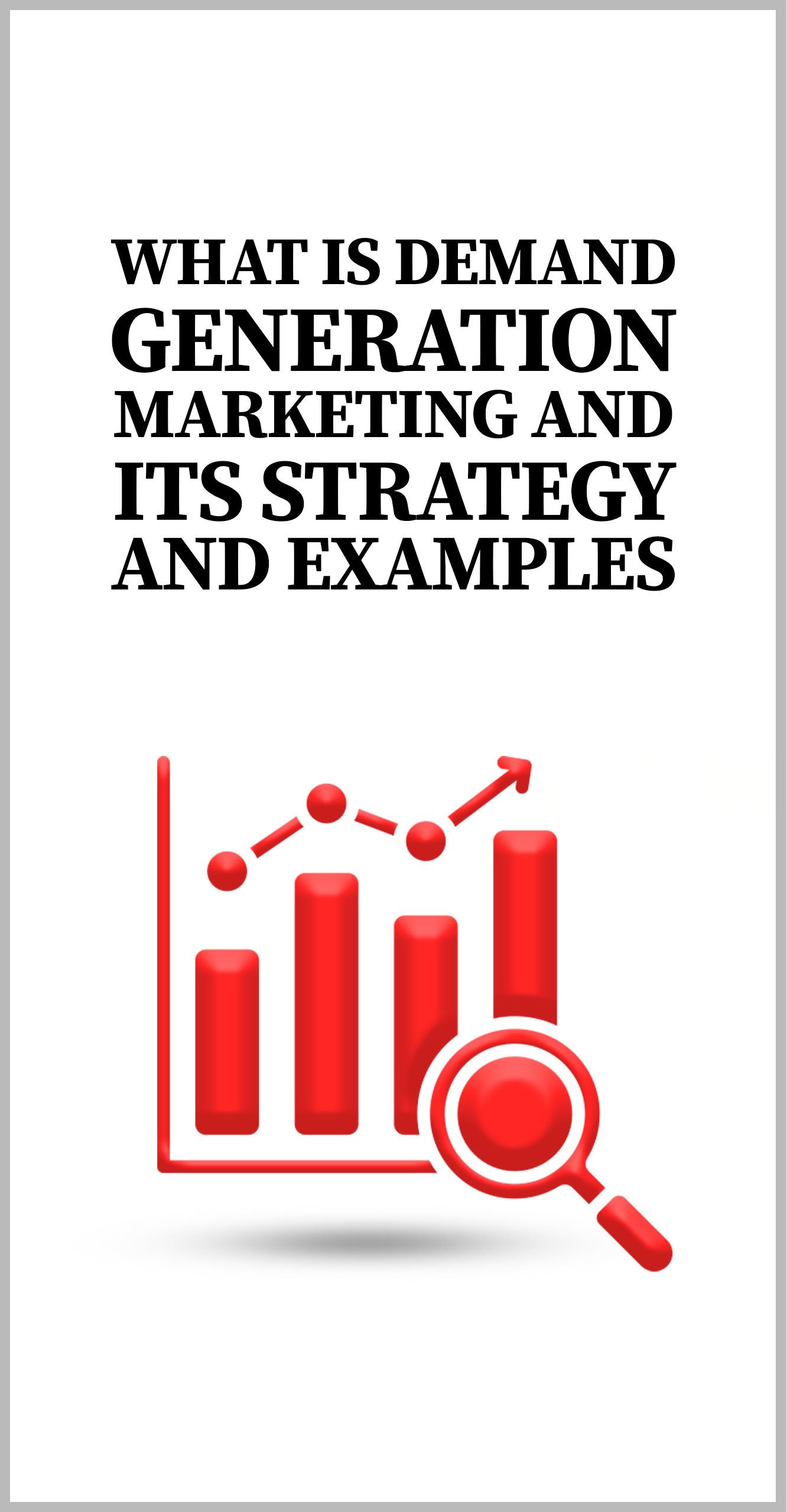
The phrase “demand generation” will probably come up while discussing methods for improving consumers’ familiarity with your brand. Raising product recognition and, more specifically, demand is the end goal of demand-generating strategies. While we’ll get to lead generation in a moment, for now, know that you’re aiming to get your brand out there so people can start to get a feel for what you have to offer. In this article, we will explore about what is demand generation marketing, growth marketing vs demand generation, demand generation marketing agency, b2b demand generation marketing, demand generation marketing strategy, demand generation marketing examples, demand generation vs lead generation and content marketing vs demand generation.
What is demand generation marketing?
Demand generation marketing is one of the forms of inbound marketing and is considered as an umbrella term for concepts such as marketing funnel or full marketing. It attracts customers and develops an interest in your brand, service or product.
What is demand generation
it can be defined as how a customer feels about your product and service. Demand generation foresees the whole journey, i.e. creating curiosity for a product or a service to generating a lead. The process encompasses the assessment of how well your brand is known to the potential audience, identification of strategies to introduce your brand to the new customer group, and finally, nurturing that relationship and bringing in trust and loyalty. In addition, it also involves awareness about “the problem or an existing gap your brand is filling in the industry” and “the extent to which a customer considers your venture as a problem to that solution.” It is mainly helpful in B2B demand generation marketing.
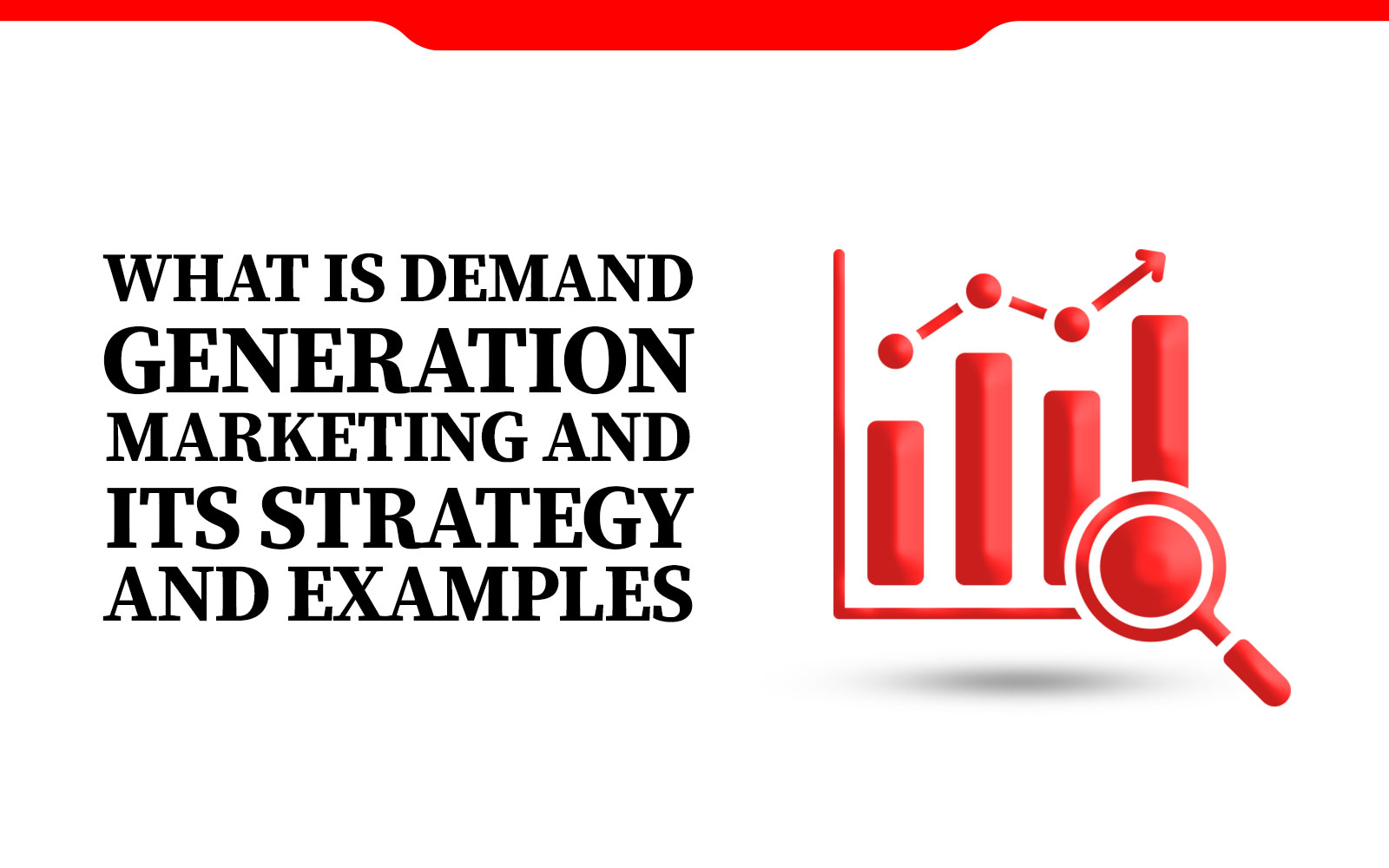 The strategy for demand generation marketing agency can differ, involving social media brand awareness campaigns and thought leadership, which includes white papers, webinars and eBooks. In a nutshell, demand generation is all about marketing and awareness of your brand. The demand generation marketing agency involves strategy which makes sure that the potential buyers know about your brand identity and brand value and have loyalty to your brand.
The strategy for demand generation marketing agency can differ, involving social media brand awareness campaigns and thought leadership, which includes white papers, webinars and eBooks. In a nutshell, demand generation is all about marketing and awareness of your brand. The demand generation marketing agency involves strategy which makes sure that the potential buyers know about your brand identity and brand value and have loyalty to your brand.
It helps businesses throughout their journey, whether it is about developing demand for a product or the lead generation process.
Why is demand generation important?
As mentioned earlier, demand generation marketing is a form of inbound marketing that aims to create awareness regarding a business entity. However, it is significant to note that the responsibility of demand generation does not end simply with generating awareness. Rather, it helps in instilling trust and loyalty for a brand that was not present before.
As previously stated, demand generation marketing is a type of inbound marketing aimed at developing awareness for a brand and its services. However, the importance of demand generation is far beyond establishing general awareness; at its best, a good demand generation marketing strategy can help to imbue value and trustworthiness in your brand that may not have existed beforehand.
In the process of developing a business, the adoption of demand generation marketing is the first and essential step as it drives the company towards lead generation and results in a tangible action from the customer’s side. In this way, buyers are more attracted towards demand generation marketing agency and the building of trust and loyalty leads to higher purchasing rates.
Content Marketing Vs Demand Generation
Within the realm of marketing, demand generation and content marketing are interconnected concepts that each play a crucial role in the overarching marketing strategy. All marketing activities aimed at generating demand for a product or service are encompassed within demand generation, which spans the entire consumer journey from brand awareness development to closing a sale. It includes strategies such as email marketing, advertising, social media, and events, among others. In pursuit of generating leads and conversions, the objective is to stimulate interest, interaction, and awareness.
Conversely, content marketing operates as a subset of demand generation marketing with a distinct emphasis on the production and dissemination of consistent and pertinent content. This may consist of infographics, blog posts, articles, videos, or other visual content created to attract and retain a specific audience. As an integral component of the endeavor to generate demand, content marketing endeavors to establish brand credibility, enlighten viewers, and foster connections.
Objectives and Approaches
Demand generation comprises a diverse array of activities that extend beyond the mere creation of content, whereas content marketing primarily centers on the strategic development and distribution of content.
Demand generation involves the implementation of both short-term and long-term tactics to stimulate interest and generate leads, while also establishing a viable pipeline for subsequent conversions. Conversely, content marketing is predominantly concerned with enduring objectives that necessitate a period of time to cultivate an audience and observe the results of endeavors. It is predicated on the gradual development of relationships with the audience.
Demand generation places significant emphasis on performance indicators (KPIs) such as lead conversion rates, sales revenue, and customer acquisition costs in order to gauge its level of success. Engagement metrics (such as likes, shares, and comments); lead nurturing metrics (including conversion rates and page dwell time); and brand authority indicators (including thought leadership and brand mentions) are all examples of content marketing metrics.
When it comes to driving business success, effective marketing strategies frequently integrate a blend of both (content marketing vs demand generation) i.e. demand generation marketing tactics and content marketing approaches.
Growth marketing vs Demand generation
In the realm of marketing, demand generation and growth marketing interrelate. Growth marketing refers to a strategy that emphasizes the consumer journey from initial acquisition to long-term retention. Growth marketing endeavors to attain scalable business expansion through the enhancement of various facets of the consumer lifecycle.
This all-encompassing viewpoint not only addresses marketing metrics such as leads and conversions, but also prioritizes user engagement, customer satisfaction, and the creation of long-term value.
Demand generation specifically dedicates itself to cultivating and stimulating demand for a given product or service within the realm of marketing. Demand generation primarily aims to stimulate interest, increase awareness, and acquire customers. The objective of this strategy is to cultivate and foster a sense of longing among consumers through the development of brand recognition, audience education, and interest in the product or service being offered. Metrics pertaining to demand generation marketing commonly comprise conversion rates, cost per lead, and lead generation metrics (quantity of leads produced).
Although demand generation is an element of growth marketing, it primarily focuses on the various phases that comprise the consumer journey. Consolidated, growth marketing vs demand generation ideas furnish marketers with a structure by which to maneuver through the terrain of customer acquisition and retention, ensuring both immediate triumphs and enduring expansion.
B2B Demand Generation Marketing
Business-to-business (B2B) demand generation marketing refers to the strategic efforts made by organizations to capture the attention and interest of existing clients for their products and services.
In the B2B sector, demand generation marketing involves a focused approach aimed at stimulating, nurturing and securing interest in their offerings within the business market. Unlike consumer-focused marketing, B2B marketing focuses on selling products or services to businesses. The primary goals of B2B demand generation marketing encompass stages throughout the customer acquisition process.
Initially, businesses aim to educate their target B2B market about their offerings while highlighting the value and benefits they provide with the aim of creating awareness. The subsequent objective is to generate interest by showcasing how their products or services can effectively address business challenges or fulfil requirements. At this stage, we employ strategies such as content marketing, thought leadership, and targeted communication.
Lead Generation Strategies
In B2B demand generation marketing, lead generation actively identifies and attracts leads. Potential customers who have shown an interest in the company’s products or services. Lead generation strategies often involve whitepapers, webinars, and content marketing activities as other methods to attract leads.
Once the company generates leads, it shifts its focus towards nurturing those leads through the sales funnel. This involves responding to inquiries, providing information, and highlighting the value proposition. The ultimate goal is to convert these prospects into paying customers. Achieving this entails employing a sales team, conducting product trials and demonstrations, and implementing tactics to facilitate the final purchase.
Nurturing Leads and Customer Retention
After the transaction takes place, B2B demand generation takes on the task of customer retention. Promoting sales of additional products or services through cross-selling and upselling techniques.
B2B demand generation marketing employs a range of strategies such as content marketing, account-based marketing (ABM), inbound marketing, email marketing well, and participating in webinars and conferences. The use of analytics and data plays a role in assessing campaign effectiveness and identifying the right target audience.
In essence, B2B demand generation marketing encompasses a strategy that revolves around building connections, establishing credibility, and providing guidance to customers throughout their procurement journey within the unique landscape of business-to-business interactions.



